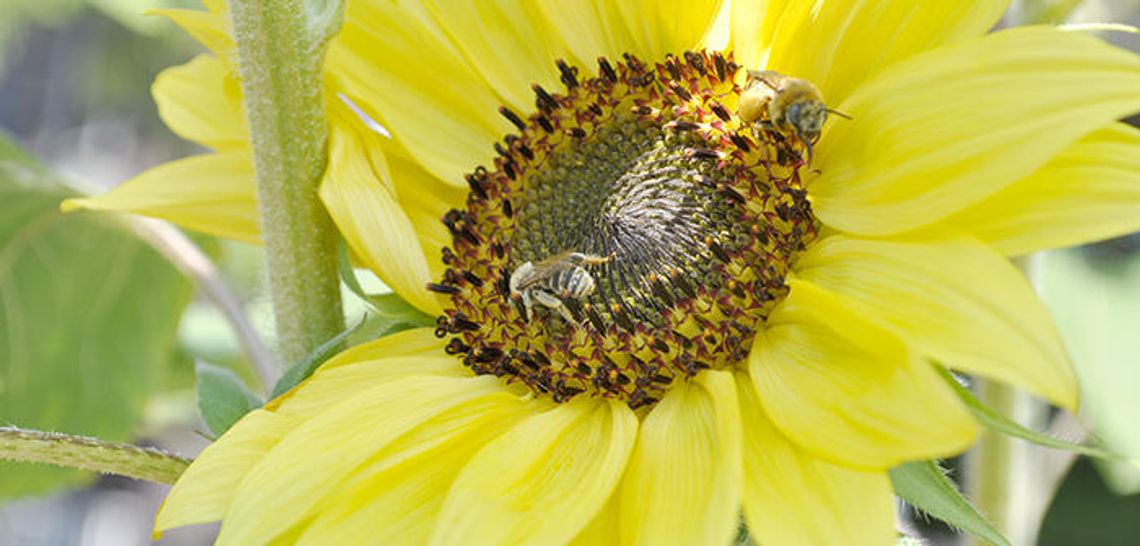[dropcap]I[/dropcap]n the last few months of 2016, Americans saw something happen that hasn’t ever happened.
In October, seven species of Hawaiian Bees were added to the endangered species list for the first time ever. Joining them are the rusty patched bumblebee, which is the first bee species in the continental U.S. to be placed on the list.
While their addition to the list may only appear as a small blip on our collective radar, local apiaries have a more stoic reaction to the news.
PLEASE LOG IN FOR PREMIUM CONTENT. Our website requires visitors to log in to view the best local news.
Not yet a subscriber? Subscribe today!











